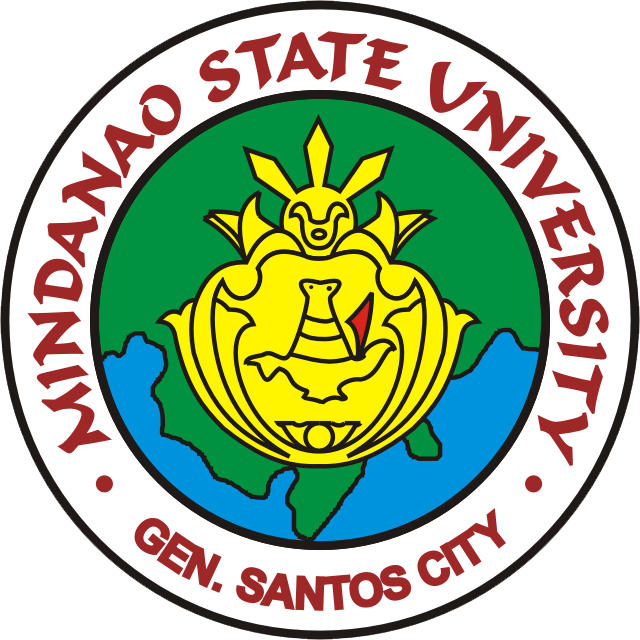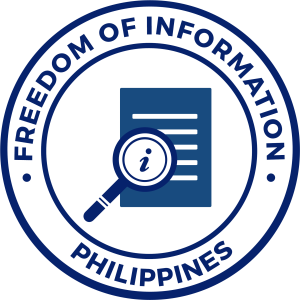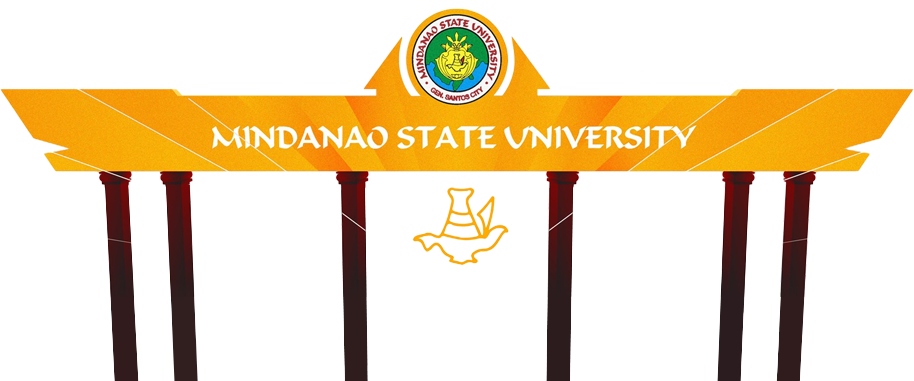College Info

Christen P. Peñafiel PhD
Dean
9088105722
Contact Number
cof@msugensan.edu.ph
Institutional Email
News and Events
Click the link below for our current news and events schedules
Faculty and Staff
Info File/brochure (if any)
Colleges
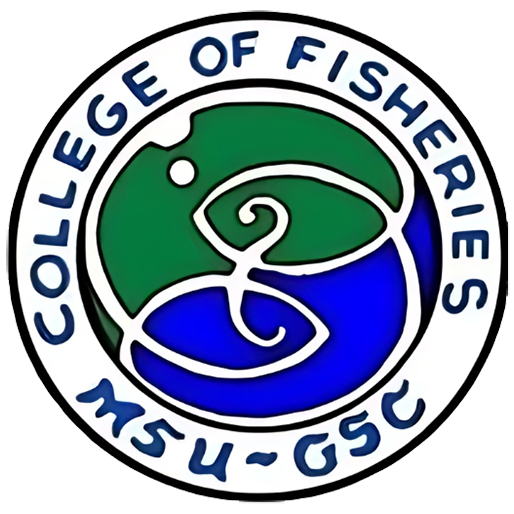
College of Fisheries
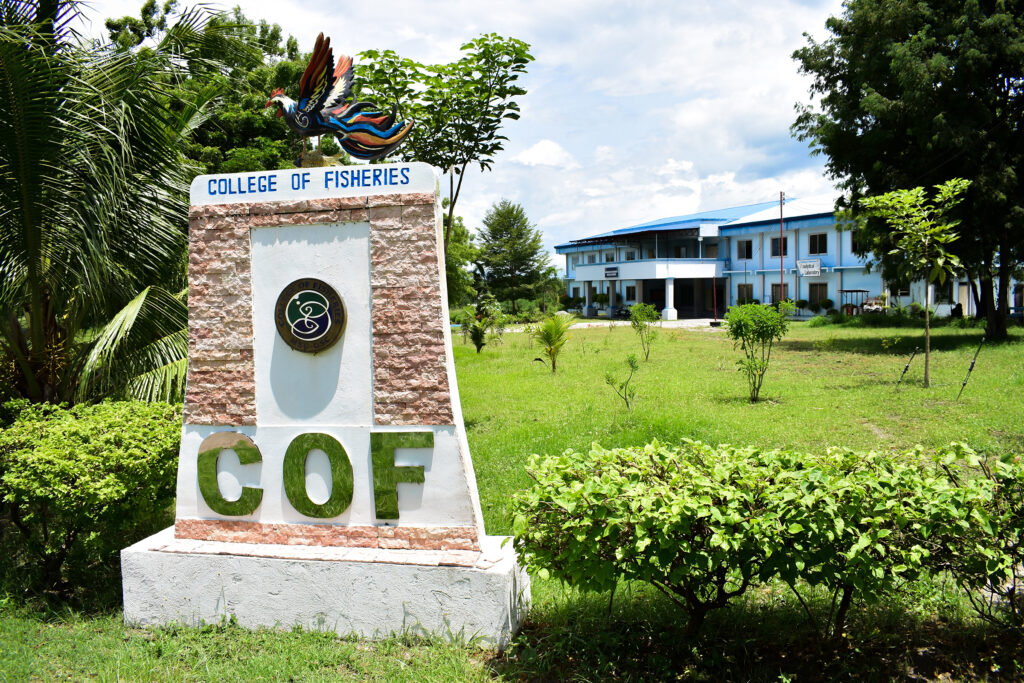
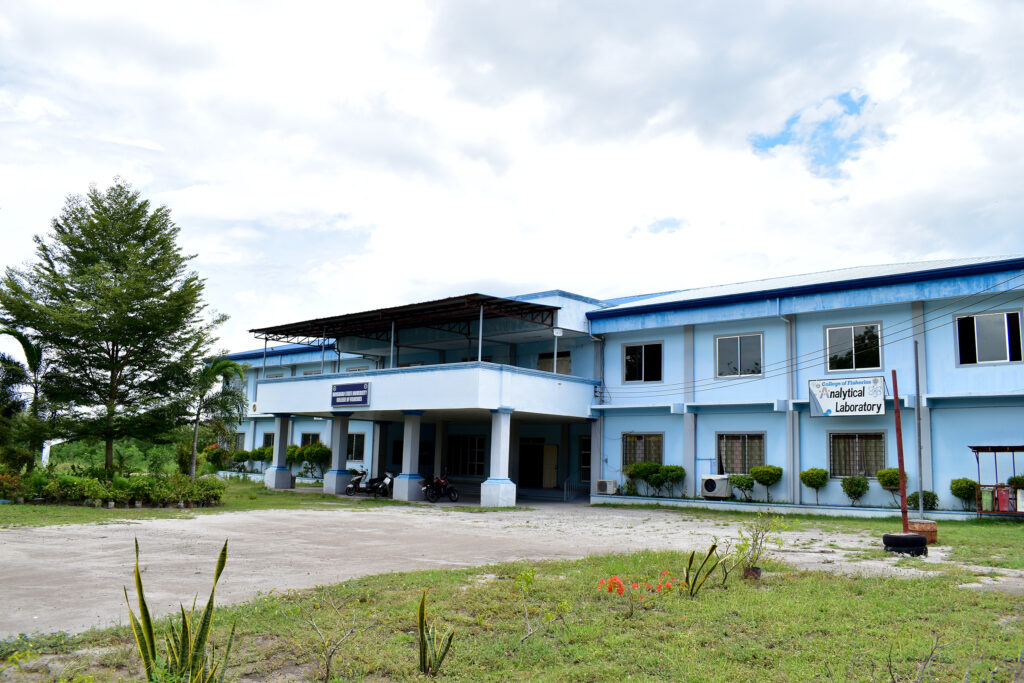
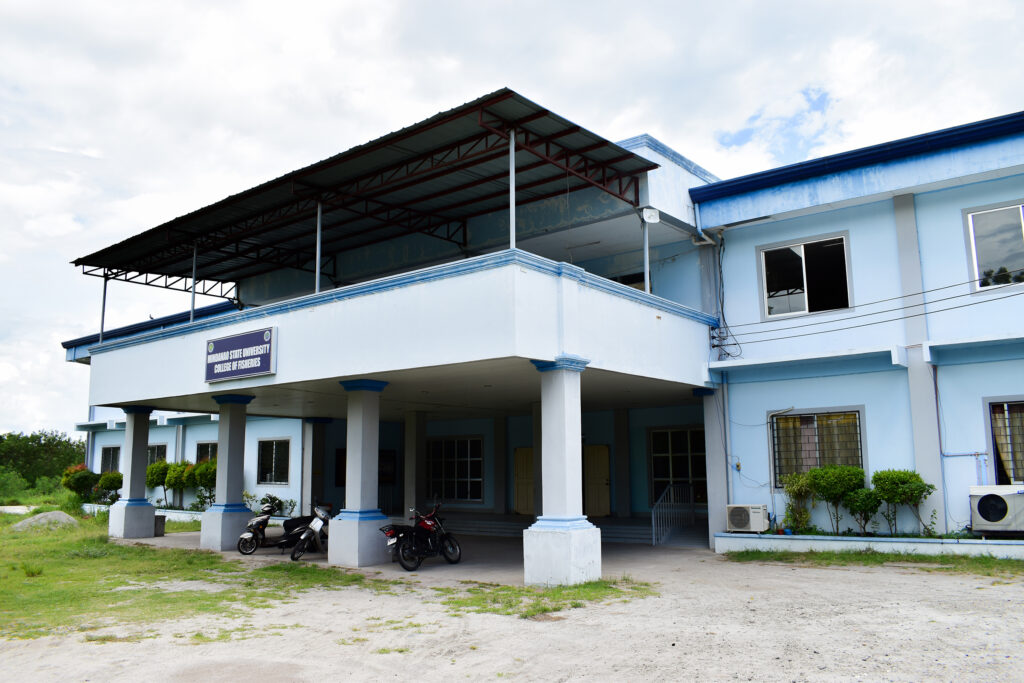

Contact Info
Lorem Ipsum is simply dummy text of the printing and typesetting industry. Lorem Ipsum has been the industry’s standard dummy text ever since the 1500s, when an unknown printer took a galley of type and scrambled it to make a type specimen book. It has survived not only five centuries, but also the leap into electronic typesetting, remaining essentially unchanged. It was popularised in the 1960s with the release of Letraset sheets containing Lorem Ipsum passages, and more recently with desktop publishing software like Aldus PageMaker including versions of Lorem Ipsum.
- Excellent and dynamic graduates;
- Responsive technologies;
- Relevant extension activities; and
- Profitable and sustainable income-generating projects.
Department Chairpersons

Frederick John N. Bernardo

Brenna Mei Concolis
Programs
Bachelor of Science in Fisheries
Department: Aquaculture
The Bachelor of Science in Fisheries is built around a well-defined core of subjects that covers the fundamental aspects in sufficient depth and at the same time allow for flexibility to cover areas and applications in the allied disciplines. The curriculum also provides the necessary background in natural and physical sciences, and communication to prepare the graduates for both the industry and higher levels of technical expertise. The curriculum is developed towards outcomes-based and student-centered instruction to help students develop the knowledge, skills, and personalities that will enable them to achieve program outcomes. It is designed with a clear definition of the intended outcomes that the students should achieve at the end of the program. Learners are provided with various ways to achieve learning outcomes such as lectures, participative discussions, laboratory experiments, film showing, focused group discussion, hands- on activities, practicum, and exposure to laboratory, hatchery, and field activities. The learners are required to achieve high and challenging standards of performance established by the teachers. Students must develop a structural mind set and a sharp mind to tackle problems and issues. They have to utilize the principles in their field of study and advanced critical thinking efficiently to produce knowledge. They are provided with expanded opportunities in learning, guided by the principle that learning is achieved uniquely for every student, recognizing multiple intelligences of a heterogeneous set of students.
Bachelor of Science in Marine Biology
Department: Fish Processing and Marine Biology
The Bachelor of Science in Marine Biology is built around a well-defined core of subjects that covers the fundamental aspects in sufficient depth and at the same time allow for flexibility to cover areas and applications in the allied disciplines. The curriculum also provides the necessary background in natural and physical sciences, and communication to prepare the graduates for both the industry and higher levels of technical expertise. The curriculum is developed towards outcomes-based and student-centered instruction to help students develop the knowledge, skills, and personalities that will enable them to achieve program outcomes. It is designed with a clear definition of the intended outcomes that the students should achieve at the end of the program. Learners are provided with various ways to achieve learning outcomes such as lectures, participative discussions, laboratory experiments, film showing, focused group discussion, hands-on activities, practicum, and exposure to laboratory, hatchery, and field activities. The learners are required to achieve high and challenging standards of performance established by the teachers. Students must develop a structural mindSset and a sharp mind to tackle problems and issues. They have to utilize the principles in their field of study and advanced critical thinking efficiently to produce knowledge. They are provided with expanded opportunities in learning, guided by the principle that learning is achieved uniquely for every student, recognizing multiple intelligences of a heterogeneous set of students.
Diploma in Fisheries Technology (Fish Processing)
Department: Fish Processing and Marine Biology
Diploma in Fisheries Technology (Aquaculture)
Department: Aquaculture

